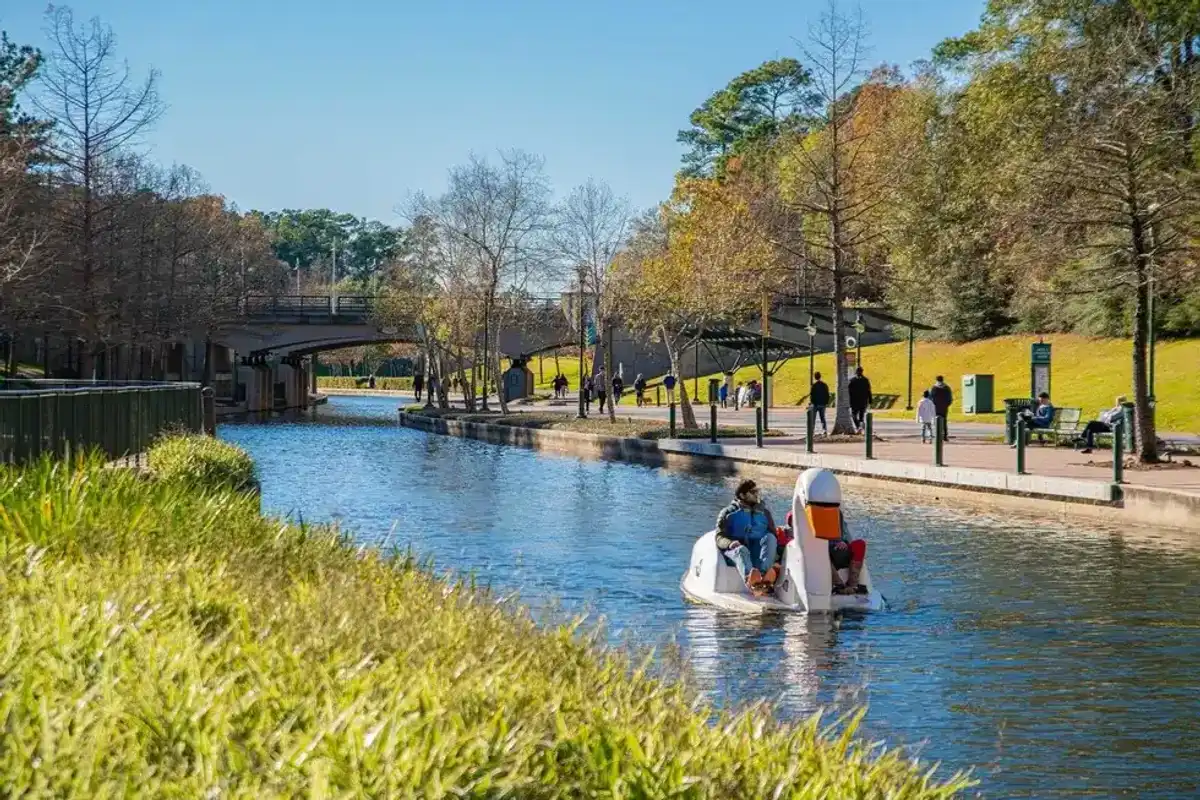Deloitte is undergoing a leadership shift — and this evolution for the nearly 200-year-old company directly affects its Houston office and the energy transition line of business.
Earlier this year, Teresa Thomas was named vice chair and national sector leader for energy and chemicals at Deloitte. Based in Houston, she will also serve as an advisory partner and leader in Deloitte & Touche LLP's Risk & Financial Advisory energy and chemicals practice. She succeeds Amy Chronis, partner at Deloitte LLP, who will continue to serve within the energy and chemicals practice until her retirement in June 2024.
In an interview with EnergyCapital, Thomas shares a bit about what she plans on focusing as she takes on her new role.
EnergyCapital: As you transition into your new role, how would you describe your focus and priorities?
Teresa Thomas: I am excited about what lies ahead for the energy and chemicals sector. The sector is moving into the new year with strong production and a focus on returning value and achieving efficiency. The sector is innovating with new technologies, such as artificial intelligence, including generative AI. that can capture value from data to transform and reinvent business processes and optimize the workforce.
The mission for my leadership role is to grow our practice by serving our clients with world-class solutions; venture into new innovative areas that exceed the changing needs in our sector; and attract, retain, and develop the best talent across Deloitte’s four businesses. I am bullish about the sector's role in leading on the forefront through the energy transition, pioneering innovative technologies and solutions that will help solve some of society’s most pressing issues, and contributing unique and differentiated ideas to help transform the energy and chemicals sector to meet global demands in a sustainable and profitable way.
EC: How is Deloitte navigating the trends and progression of the energy transition? What are clients’ expectations, and how does the company plan to stay a step ahead?
TT: At Deloitte, we proactively navigate the dynamic landscape of the energy transition with a strategic, collaborative, and innovative edge. Our extensive global presence and diverse partnerships, spanning industries, regions, and academic institutions, keep us abreast of emerging trends, regulatory shifts, and technological advancements. Client expectations are evolving towards sustainable practices, and we respond by providing innovative solutions that align with their goals.
Our commitment to staying a step ahead involves continuous investment in talent development and innovative technologies. Central to our strategy is taking ownership of pivotal marketplace issues and adeptly guiding clients through the intricacies of their business challenges. Through harnessing our extensive expertise that cuts across our four business, we aim to create growth opportunities and offer innovative solutions.
EC: Energy companies have been known to more slowly adopt and adapt to new technologies. Is that changing?
TT: We believe the energy and chemicals industries is at the forefront of adopting cutting-edge technologies to bolster operational efficiency, increase productivity, reduce costs, and advance safety and sustainability measures. From bringing new materials to consumers, pioneering offshore operations, transforming shale resources into one of the most competitive resources, to developing new and sustainable molecules, the industry has highlighted its adaptability. The industry continues to be a leader of groundbreaking technologies including the development of biofuels, biomaterials, carbon capture, hydrogen production, and more.
Additionally, energy companies are increasingly leveraging digital technologies, including GenAI to enhance operational efficiency, optimize resource management, and drive innovation across various segments of the industry. From interpreting seismic data and predicting reservoir behavior, to employing carbon analytics and tracking GHG emissions, the industry is transforming its operations and contributing to a more sustainable and efficient energy landscape. While there is much more to be done, we remain confident that the energy industry will continue to help lead the way in innovation.
The oil and gas industry has been increasingly investing in clean energy over recent years, wherein the clean energy investments by the oil and gas industry as a share of their upstream capex quadrupled between 2020 and 2022. Yet, this clean energy investment remains less than 2 percent of the overall clean energy investments made in 2022.
After having outperformed the broader S&P 500 by over 45 percent since 2021, the oil and gas industry faces a threefold mandate:
- uphold financial stability,
- sustain high dividends, and
- augment investments in low-carbon ventures.
However, the central challenge lies in scaling the energy transition while maintaining profitability and shareholder value.
EC: The chemicals sector, in particular, seems ripe for disruption with new and developing alternative materials on the scene. What do you expect to see from this industry in 2024?
TT: There is a chemicals and material transition taking place as companies are pushed to develop more sustainable, lower-carbon materials. And given that 96 percent of all manufactured goods are touched by chemistry, this transition could also be transformational. Over the next year, we expect chemical companies to continue positioning themselves for this high-tech, low-carbon future in three notable ways.
- First, we expect companies to increase automation and digitalization to improve productivity and accelerate innovation.
- Second, we see companies continuing to invest in circular solutions, whether it's designing materials for a sustainable end-of-life or using renewable feedstocks.
- Third, we expect some companies to lean into the new chemicals and materials needed to support the energy transition.
EC: As a Houstonian, what do you see the city’s role amidst the future of energy?
TT: Houston is a top global city, driving transformational change and a convener to an ecosystem of players that are leading the charge in the energy transition through biofuels, biomaterials, and advanced methods for carbon capture and hydrogen production.
Although not a native, I did find the energy and chemicals sector early in my career which brought me to this dynamic city. Houston’s advanced network of partners are working together toward creating innovative solutions that are accelerating the advancement of a lower carbon future.
———
This conversation has been edited for brevity and clarity.
This article originally ran on EnergyCapital.










 Apple doubles down on Houston with new production facility, training center Photo courtesy Apple.
Apple doubles down on Houston with new production facility, training center Photo courtesy Apple.